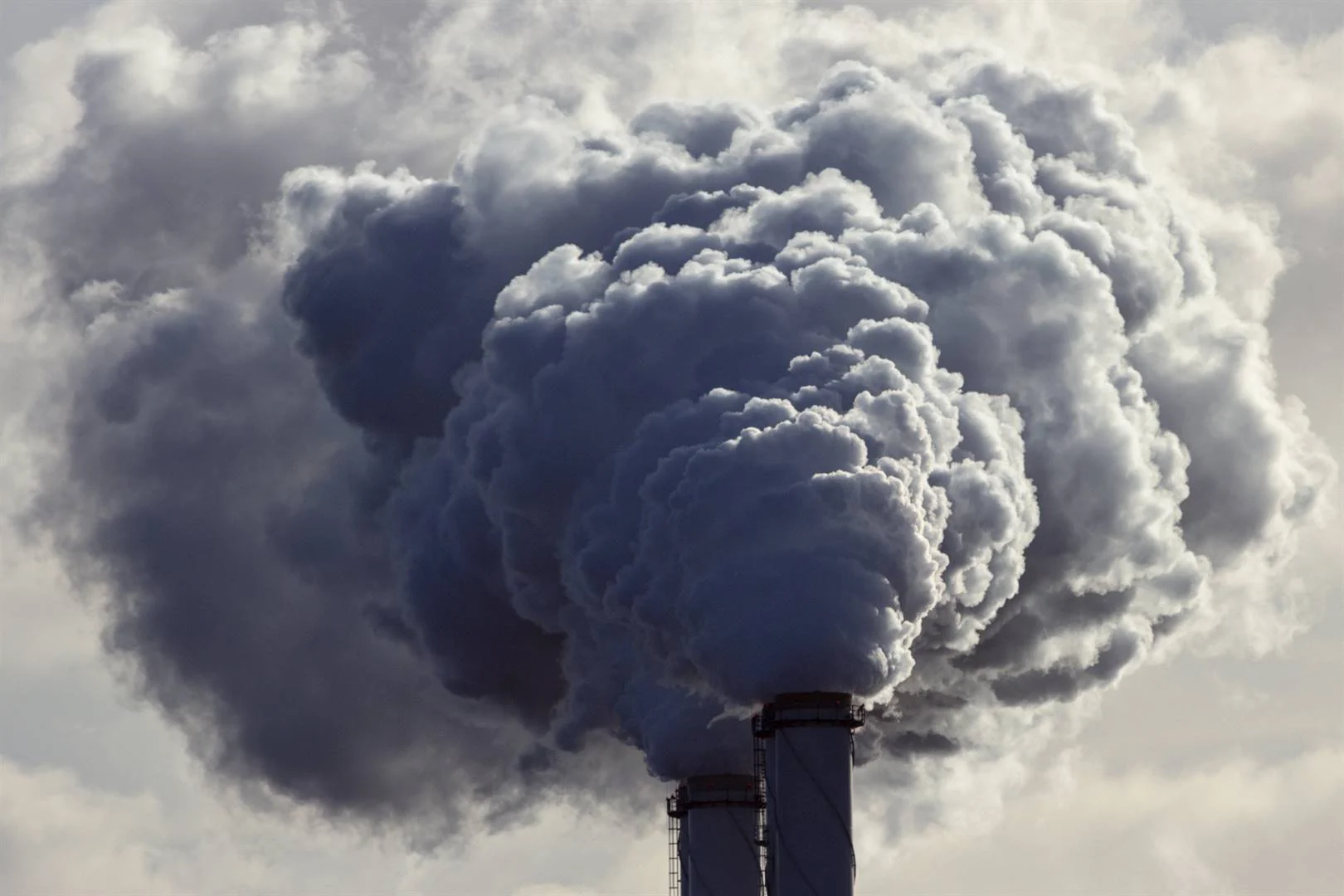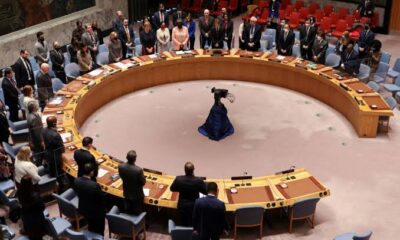The International Monetary Fund (IMF) stated in a report released on Monday that emerging economies, some of which are African countries, would require about $2 trillion per year by 2030 to meet the target of net-zero emissions by 2050.
An emerging economy is a market that has some characteristics of a developed market but does not fully meet its standards; African countries like Nigeria, Egypt, South Africa, and Kenya are in this category.
The report “Emerging economies need much more private financing for climate transition”, pointed out that investing significantly in climate mitigation in emerging markets and developing economies, which currently emit about two-thirds of greenhouse gases, was necessary to achieve the transition to net-zero emissions by 2050.
The report read in part:
“These countries will need about $2tn annually by 2030 to reach that ambitious goal, according to the International Energy Agency, with the majority of that funding flowing into the energy industry. This is a fivefold increase from the current $400bn of climate investments planned over the next seven years.
“We project that growth in public investment, however, will be limited and that the private sector will therefore need to make a major contribution toward the large climate investment needs for emerging market and developing economies.
“The private sector will need to supply about 80 per cent of the required investment, and this share rises to 90 per cent when China is excluded, as shown in an analytical chapter of our latest Global Financial Stability Report.”
Additionally, the report asserts that while China and other larger emerging economies have the necessary domestic financial resources, many other nations lack sufficiently mature financial markets that can provide significant amounts of private finance.
Phasing out coal power plants, the single largest source of global greenhouse gas emissions (about 20%), is another major challenge.
Meanwhile, some pan-African arguments have emerged in reaction to the calls to phase out existing energy sources, seeing it as a conspiracy against the continent’s use of energy for development after the sources had been adequately explored for developed economies.


 Politics1 day ago
Politics1 day ago
 VenturesNow1 day ago
VenturesNow1 day ago
 Metro1 day ago
Metro1 day ago
 Musings From Abroad1 day ago
Musings From Abroad1 day ago























